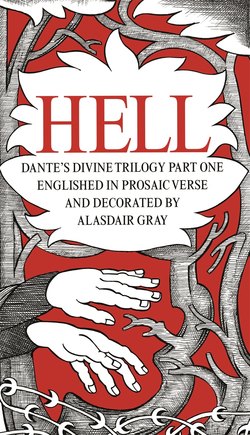Читать книгу HELL - Данте Алигьери - Страница 6
На сайте Литреса книга снята с продажи.
ОглавлениеFOREWORD
There are more than a hundred English versions of Dante’s epic and every two years another appears. Readers always want them as, like the Bible, it answers important questions with fascinating stories. But unlike the Bible no governments have promoted one excellent translation. None exist. To compress dramatic action, thought, dialogue into a huge urgent poem Dante invented a verse form: three line verses so cleverly unified by end-rhymes that most translators try to reproduce it. In Italian end-rhymes are easy because most words end in one of five vowels. In English end-rhymes are harder so translators get them with language seldom used in daily speech. My version mainly keeps the Dantean form colloquial by using end-rhymes where they came easily, internal rhymes where they did not. My abrupt north British dialect has cut Dante’s epic down from 14,233 lines to 8,912 which shoes that the range of my intelligence is less than Dante’s. Critics who cannot read the original should compare it with any other English translation, which is more accurate but less easily read.
Here are two examples of my abruptness. In Italy the heroine’s name is pronounced with four syllables; Be-a-trich-ay is a poor phonetic approximation to that beautiful sound. In English the name is usually spoken with two syllables, almost rhyming with mattress. My rhyme scheme needs three syllables: Be-a-tris. Other Italian names should be pronounced with as many syllables as Italians use. Dante mentions two political parties, Ghibelline and Guelph, which I translate as Tory and Whig. The main difference (as in Britain’s eighteenth and nineteenth centuries) was between old and new money, the older class being landowners, the new one merchants. Like all two-party systems the difference was constantly blurred by changing local alliances or intermarriage.
Other apologies for mishandling Dante’s texts will be attached to my Purgatory and Heaven translations.
